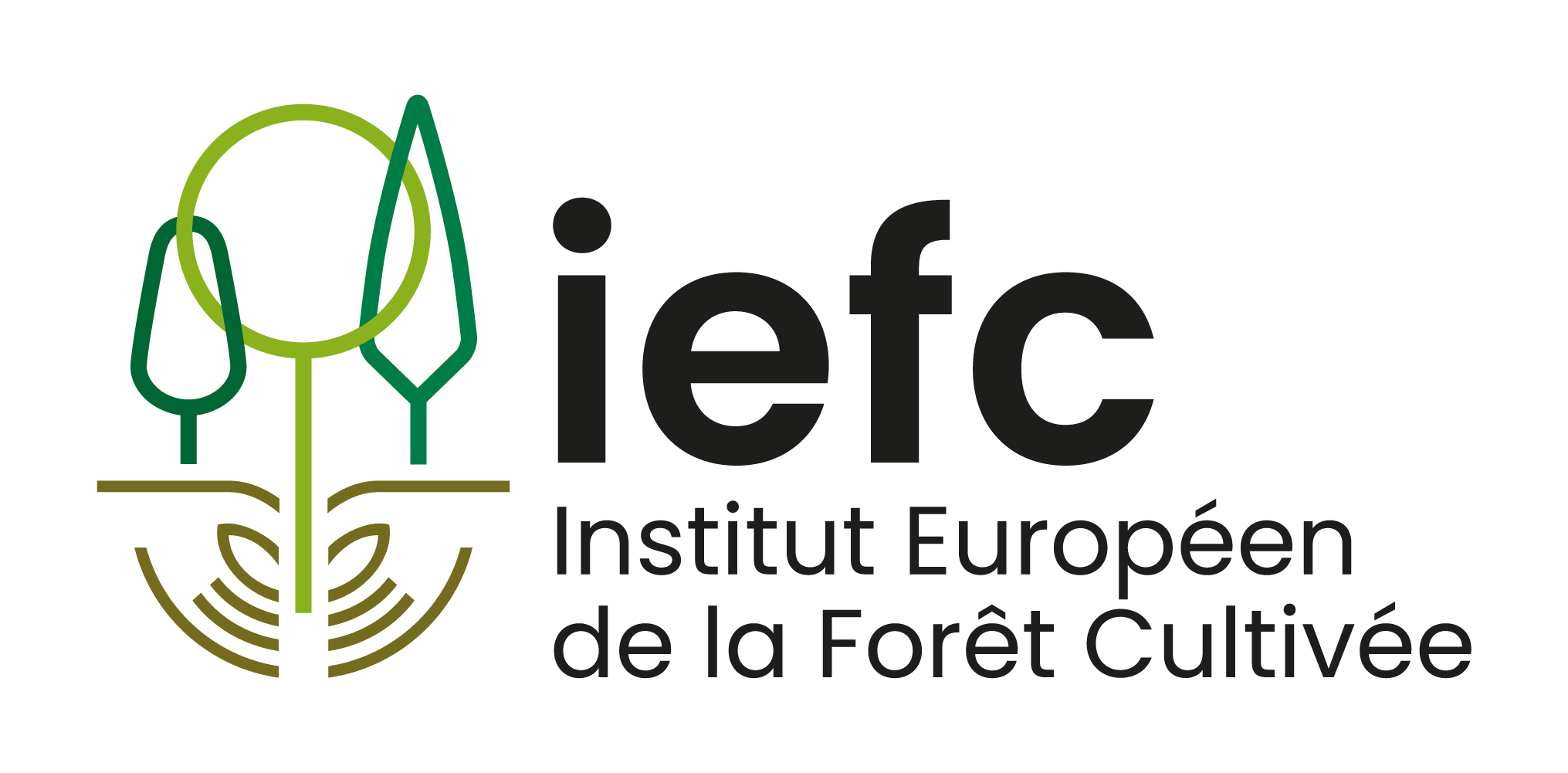
The social and economic value of mixed plantations and irregular forests in SUDOE is little known and not taken into account in policy decisions and territorial development. Limited information sharing systems and structures prevent the SUDOE region from undertaking a concerted and coordinated approach to sustainable forest management and creating a favourable bioeconomy.
Complex forests, mixed plantations and ecosystem services
Forests provide a multitude of benefits to humans in terms of temperature regulation, water supply and purification, wood, energy, clean air, soil protection, recreation and well-being. They are also a natural solution to mitigate climate change through carbon sequestration, substitution and conservation. Forests cover almost one third of the planet and serve as biologically diverse ecosystems for plants, animals and micro-organisms. South West Europe needs healthy and functional forests that ensure the provision of goods and services to rural and urban society and the protection of its rich biodiversity. Complex forests and mixed plantations, as a more resilient alternative, can increase, and in many cases improve, the potential quality of ecosystem services compared to other forest systems.
The COMFOR-SUDOE project
Organising, managing and making sense of compartmentalised technical and scientific data can be complex, and opportunities are missed to transfer and share knowledge and innovations that could potentially help improve sustainable forest management across borders. Scientific studies often fail to reach a broad political audience. Therefore, coordination of stakeholders, information and technologies within the SUDOE region is clearly needed.
This is why a transnational forestry consortium has launched the COMFOR-SUDOE project, a forest-based strategy, funded by the EU’s Interreg SUDOE programme, which will contribute to the promotion of ecosystem services and biodiversity protection, as well as to ensuring sustainable and resilient management of the forest system and favourable conditions for a bioeconomy.
The COMFOR-SUDOE project works to disseminate information on complex forests and mixed species plantations in southwestern Europe. It aims to promote complex forests (mixed and irregular) and multi-species plantations as a resilient adaptation strategy in response to climate change and biodiversity decline. The project aims to strengthen transnational synergies and network partnerships in specific sectors of the SUDOE, promoting research, development and transfer of technologies and innovations.
A consortium of experts committed to achieving results
The consortium is composed of a wide range of collaborators with complementary skills and expertise from across Europe. They are organised in several interdependent and interactive working groups committed to assessing the social and economic value that ecosystem services provide by mixed and irregular plantations in the SUDOE area, to create a common experimental network of mixed and irregular forests and plantations in the SUDOE area for knowledge transfer. The consortium also aims to strengthen transnational research and innovation synergies and network partnerships, to develop an intelligent information management strategy for mixed and irregular plantations in the area. Finally, the COMFOR-SUDOE project encourages the dissemination of information in the field of environmental services and renewable energy, through the exchange of scientific knowledge and innovations, and promotes the technological value of complex forests and mixed plantations as local assets in SUDOE.
For more information, visit https://www.comfor-sudoe.eu/.
By: Hubert COSICO (IEFC)

